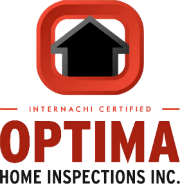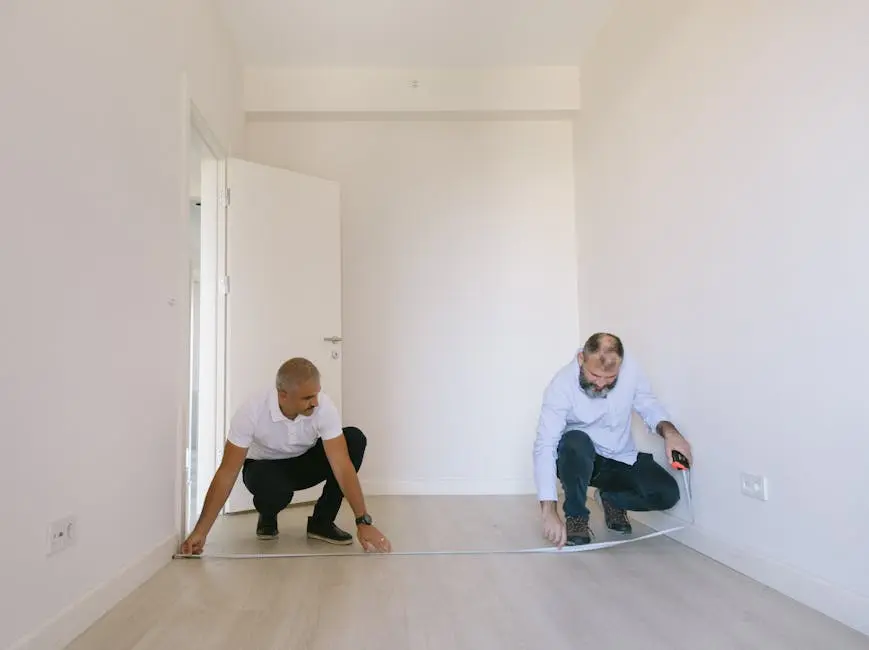Buying a home is one of the most significant investments you’ll ever make, and ensuring your investment is protected starts with a thorough home inspection. Knowing the right questions to ask your home inspector can make all the difference in the decision-making process.
Understanding the Importance of a Home Inspection
A home inspection is a critical step in the home buying process. It allows you to identify any potential issues with the property and assess its overall condition before finalizing the purchase.
Home inspections provide a detailed evaluation of the property from top to bottom, which is essential for protecting one of your largest financial investments. An efficient inspection helps uncover hidden problems such as structural concerns, outdated systems, or safety hazards that might not be visible to the untrained eye. Knowing these issues in advance enables potential homeowners to negotiate repairs or price adjustments, ultimately safeguarding their investment.
Beyond identifying current issues, a thorough home inspection also offers insights into future maintenance needs. Inspectors can point out components that are nearing the end of their lifecycle, helping you plan for upcoming expenses. This foresight is valuable for budgeting and long-term financial planning as you take care of your home post-purchase.
Key Questions to Ask About the Structure and Foundation
Inquire about any signs of structural damage or foundation issues that could affect the integrity of the home. Understanding these aspects can save you significant costs and headaches in the future.
When it comes to a home’s structure and foundation, ensure to ask about any visible cracks, sagging, or shifts in the foundation that could indicate underlying problems. Learning about these potential red flags can prevent you from purchasing a home with expensive repair bills down the line. Consider asking the inspector if there are any previous repairs made to the structure and whether they were executed properly, as this information can influence your decision.
Don’t forget to ask about the soil around the foundation. Soil issues can lead to foundation movement over time, which may require costly interventions. An experienced inspector can inform you of the type of soil and any drainage issues that could affect your home’s foundation.
Questions Surrounding the Roof and Attic
Find out the age of the roof, the condition of the shingles, and whether there’s evidence of leaks or water damage in the attic. This helps in planning for future repairs or replacements.
The roof is a critical barrier against the elements, so asking about its current condition is essential. Inquire about any missing shingles or tiles and whether previous repairs have been properly maintained. Inspectors should check for signs of warping or blistering that could indicate future problems. Identifying such issues early on can provide an opportunity to negotiate repair clauses or price reductions in the purchase agreement.
In the context of the attic, ask if there is adequate ventilation and insulation. Proper ventilation can prevent moisture buildup, which can lead to mold growth, while adequate insulation ensures energy efficiency, lowering utility costs over time.
Plumbing System Inquiries
Ask about the condition of the pipes, water heater, and any potential leaks. A sound plumbing system is crucial for the functionality of your home and avoiding costly repairs.
Delve deeper by asking about the material used in pipes and plumbing fixtures. Some older homes may have outdated piping systems prone to leaks or bursts. Confirming whether pipes are made of materials like copper, PVC, or galvanized steel can help predict their longevity and any future replacement costs.
In addition, ask about water quality and pressure. Issues in these areas can affect day-to-day life and potentially hide more serious system problems. Understanding if there are water softeners or filtration systems in place can also provide you with insights into necessary future investments.
Assessing Electrical Systems
Ensure the electrical systems are up-to-date and inquire about any outdated wiring. Safety and efficiency are paramount when it comes to the home’s electrical setup.
Beyond checking for outdated wiring, inquire about the circuit breaker panel. Ask if it provides sufficient power for modern appliances and whether there have been any recent upgrades or issues. Understanding the electrical system’s capacity can help avoid overloading and potential fire hazards.
Don’t forget to ask about outlets and switches. Confirm there are enough outlets per room and inquire about the presence of ground-fault circuit interrupters (GFCIs), which are crucial for safety in areas prone to moisture, such as kitchens and bathrooms.
Heating, Ventilation, and Air Conditioning (HVAC) Questions
A functional HVAC system is essential for comfort. Ask about the age of the systems, their maintenance history, and any efficiency issues.
To ensure year-round home comfort, the HVAC system’s efficiency is key. Inquire about the frequency of service and typical repairs to gauge its reliability and cost effectiveness. Ensuring the system has regular maintenance and service can often mitigate larger, costly troubles from developing later.
Consider asking about any recent air quality tests or reports to identify potential allergens or pollutants circulating through the system. Ensuring clean air ducts not only improves air quality but also enhances the overall comfort within the home.
Identifying Pest and Mold Concerns
Pests and mold can pose serious health risks. Ask the inspector if there are any signs of infestations or mold growth that need addressing.
Specific concerns about areas prone to moisture, like basements or under-sink cabinets, should be investigated thoroughly for signs of water damage and mold. Prompt detection is critical as mold can be hazardous to health and costly to remediate.
Pests can cause significant structural damage if left untreated. Ask about any evidence of termites or other wood-destroying insects, which could undermine the structural integrity of a home and lead to expensive repairs down the line.
Clarifying Inspection Limitations and Next Steps
Understand what areas are beyond the scope of a standard inspection and seek advice on any further inspections or assessments you may need.
It’s important to recognize that a typical inspection may not cover areas like swimming pools or septic systems, requiring the expertise of specialized professionals. Asking for recommendations on additional inspections can help ensure that no aspect of your future home is overlooked.
As you conclude the inspection, discuss with the inspector about the next steps based on their findings. This conversation can provide clarity on whether to proceed with the purchase or take action to address issues. It can also be helpful to review repair estimates for any issues identified, ensuring you’re making a fully informed decision.
Equipping Yourself with the Right Questions for a Wise Investment
By asking the right questions during a home inspection, you empower yourself to make informed decisions about your potential new home. This proactive approach not only protects your investment but also provides peace of mind as you embark on the journey of homeownership.


